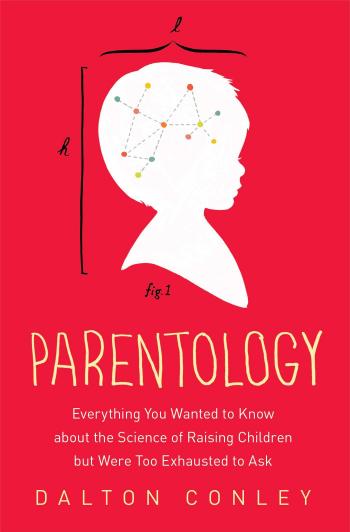If you’ve seen me waddle onto stage lately, you’ve probably guessed that I’m either growing a baby or an alien. I’m hoping for the former, although contemporary imaging technologies still do make me wonder. If all goes well, I will give birth in late January or early February. Although I don’t publicly talk much about my son, this will be #2 for me and so I have both a vague sense of what I’m in for and no clue at all. I avoid parenting advice like the plague so I’m mostly plugging my ears and singing “la-la-la-la” whenever anyone tells me what I’m in for. I don’t know, no one knows, and I’m not going to pretend like anything I imagine now will determine how I will feel come this baby’s arrival.
What I do know is that I don’t want to leave any collaborator or partner in the lurch since there’s a pretty good chance that I’ll be relatively out of commission (a.k.a. loopy as all getup) for a bit. I will most likely turn off my email firehose and give collaborators alternate channels for contacting me. I do know that I’m not taking on additional speaking gigs, writing responsibilities, scholarly commitments, or other non-critical tasks. I also know that I’m going to do everything possible to make sure that Data & Society is in good hands and will continue to grow while I wade through the insane mysteries of biology. If you want to stay in touch with everything happening at D&S, please make sure to sign up for our newsletter! (You may even catch me sneaking into our events with a baby.)
As an employee of Microsoft Research who is running an independent research institute, I have a ridiculous amount of flexibility in how I navigate my parental leave. I thank my lucky stars for this privilege on a regular basis, especially in a society where we force parents (and especially mothers) into impossible trade-offs. What this means in practice for me is that I refuse to commit to exactly how I’m going to navigate parental leave once #2 arrives. Last time, I penned an essay “Choosing the ‘Right’ Maternity Leave Plan” to express my uncertainty. What I learned last time is that the flexibility to be able to work when it made sense and not work when I’d been up all night made me more happy and sane than creating rigid leave plans. I’m fully aware of just how fortunate I am to be able to make these determinations and how utterly unfair it is that others can’t. I’m also aware of just how much I love what I do for work and, in spite of folks telling me that work wouldn’t matter as much after having a child, I’ve found that having and loving a child has made me love what I do professionally all the more. I will continue to be passionately engaged in my work, even as I spend time welcoming a new member of my family to this earth.
I don’t know what the new year has in store for me, but I do know that I don’t want anyone who needs something from me to feel blindsided. If you need something from me, now is the time to holler and I will do my best. I’m excited that my family is growing and I’m also ecstatic that I’ve been able to build a non-profit startup this year. It’s been a crazy year and I expect that 2015 will be no different.

